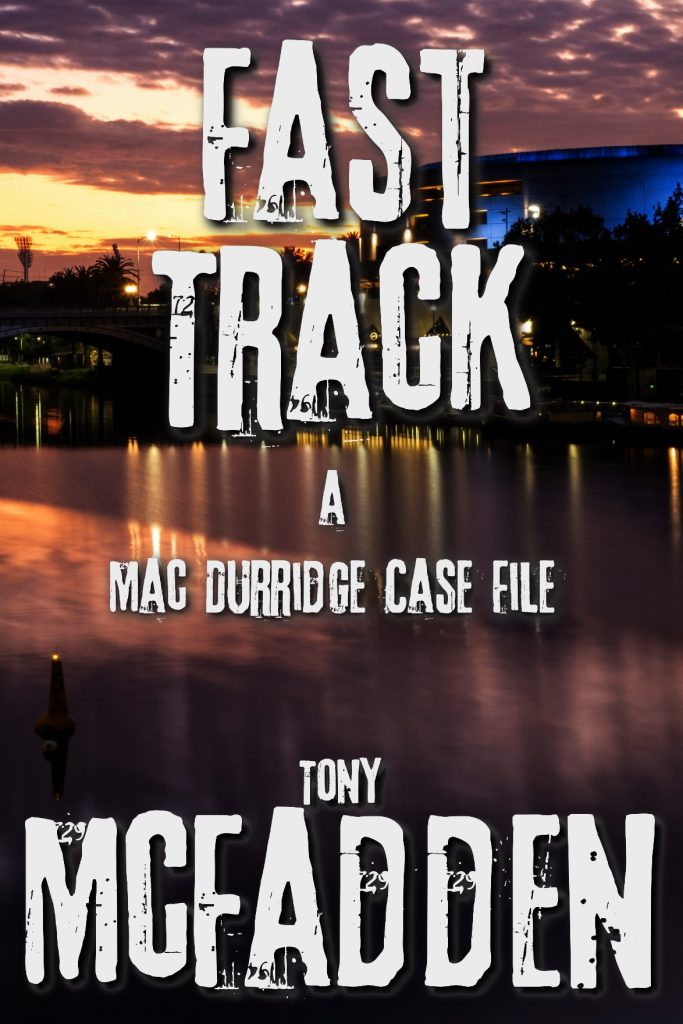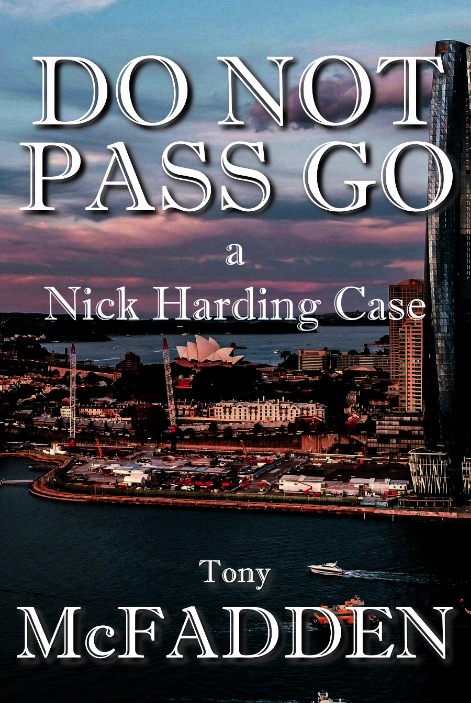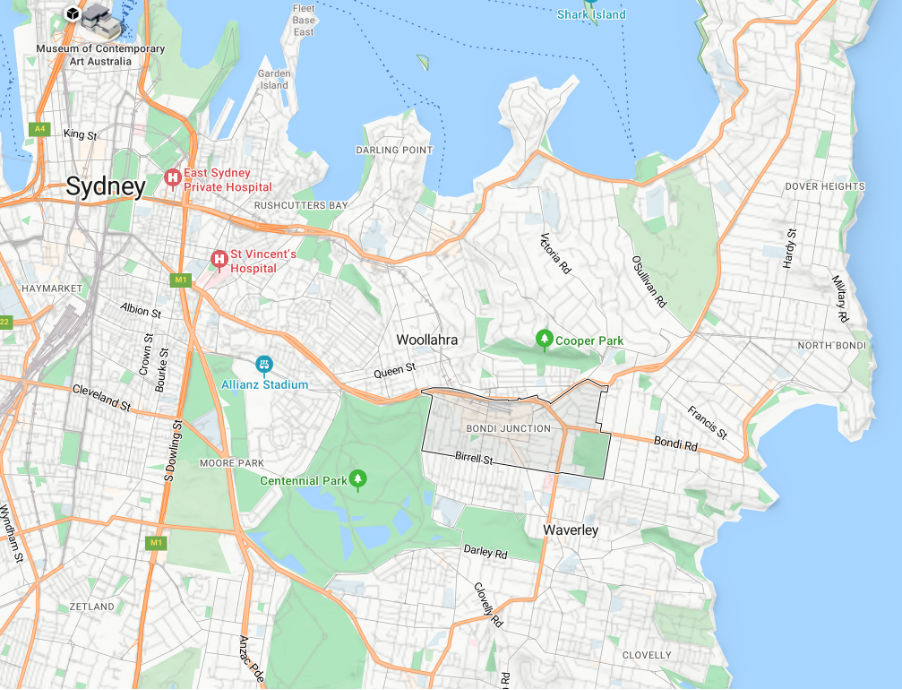Hello, all you happy readers. I’m calling for ARC reviewers. You can sign up for either one or both of my two upcoming books by going to this form.
[EDIT: The original form was spammed, with over 24,000 “responses” in 12 hours. I’ve added Google verification to address this issue. If you’d prefer not to go through Google, please leave a comment below with the word ‘elephant’ in it if you’re interested in being an ARC reader, and I’ll reach out to you.
Both books stand alone, so don’t feel you’ll be short-changed by reading only one of them.
Just a reminder that I’ll be managing book distribution through Booksprout.co You can sign up for a free reader account at this link.
Fast Track is Mac Durridge’s latest case.

Mac has been scrounging for cases. Business hasn’t been good.
Thirteen-year-old Josh has hired him to find his coin collection for the princely sum of $25.
He’s in the middle of that nearly pro bono case when Sophie, his on-again, currently off-again girlfriend, comes to him with a problem. Her best friend, Central Coast Network News reporter Linda Carmody, hasn’t been heard from in over a week.
Completely out of character.
Mac’s investigation uncovers a financial conspiracy that threatens to topple the government and exposes him to a level of physical danger he hasn’t encountered in years.
Do Not Pass Go is Nick Harding’s latest case.

Nick Harding’s fifth case.
With the rotten smell of his last case still lingering, Nick is hired to find a missing person.
His girlfriend, Lucy, asks him to locate Alex Bainbridge, one of her close friends from university and a member of a group of six who have remained in touch since their time there. He is a financial journalist who often goes to the ground during investigations, but this time, he has missed a regular group gathering and has become electronically invisible.
Nick’s investigation uncovers a financial conspiracy that threatens to topple another government and exposes him to a level of physical danger he hasn’t encountered in years. ARCs will be available starting next week.
Pop over to this form (opens in a new window) and register. Since these books are both releasing on July 18, I’m looking for reviews by July 11 to help propel the launch.
Review copies will be made available (and ARC readers accepted) through Booksprout the first week of May until the end of June.



Leave a Reply